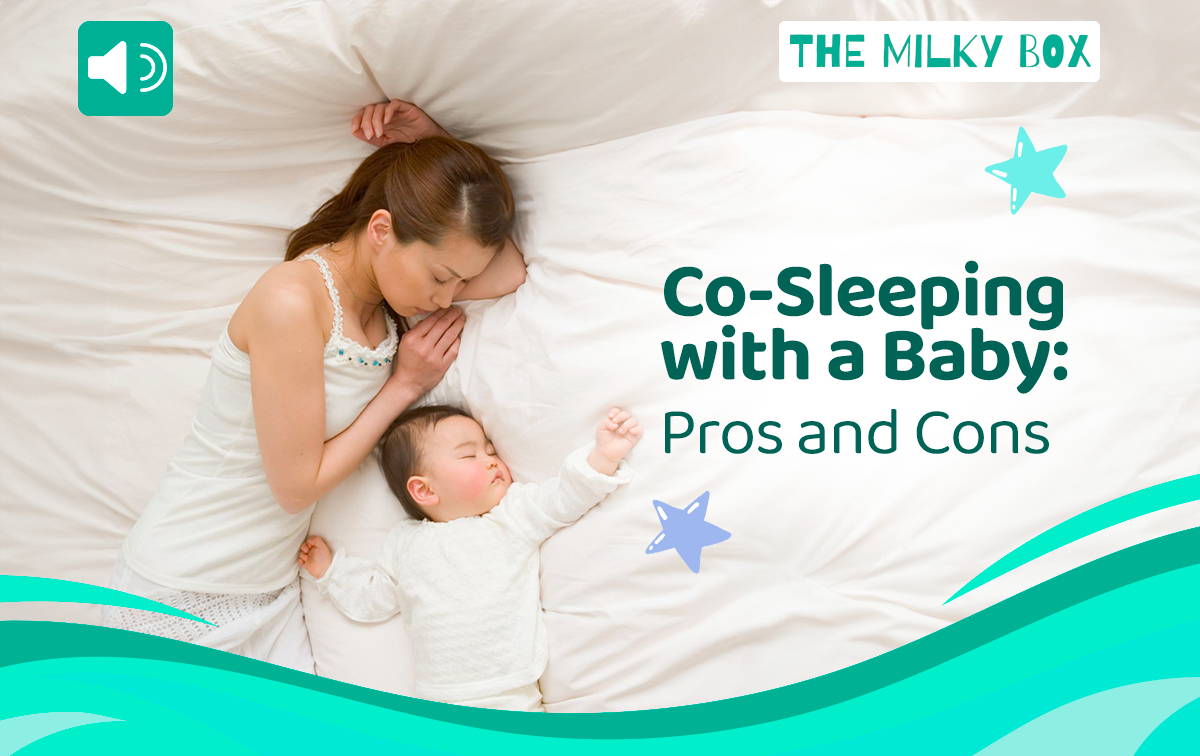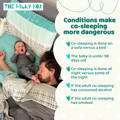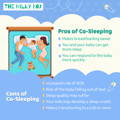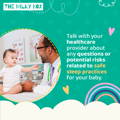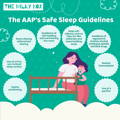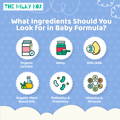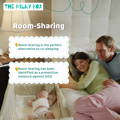Families may use the terms "bed-sharing" and "co-sleeping" interchangeably. However, there are subtle differences between the two. Co-sleeping is a practice that involves a parent and child sleeping in close physical or social contact with each other to facilitate bonding and emotional attachment.
Co-sleeping can also be defined as sharing a bed with one's baby. However, it can encompass other forms of sleeping arrangements, such as sleeping in the same room as the baby, either by keeping the baby's crib in the parent's bedroom or sleeping in the nursery as the parent.
It is important to note that in this article, we will specifically refer to the practice of sleeping on the same surface as the baby. This practice has been associated with both benefits and risks, and it is essential to consider all factors when deciding on a sleeping arrangement that is safe and suitable for both the parent and child.
Some particular conditions make co-sleeping more dangerous, due to their nature:
● Co-sleeping is done on a sofa versus a bed
● The baby is under 98 days old
● Co-sleeping is done all night versus some of the night
● If the adult co-sleeping has consumed alcohol, or opioids
● If the adult co-sleeping has smoked, nicotine, marijuana or illicit drugs
